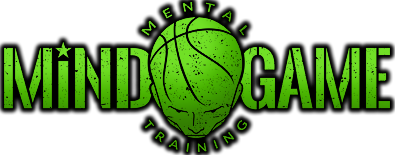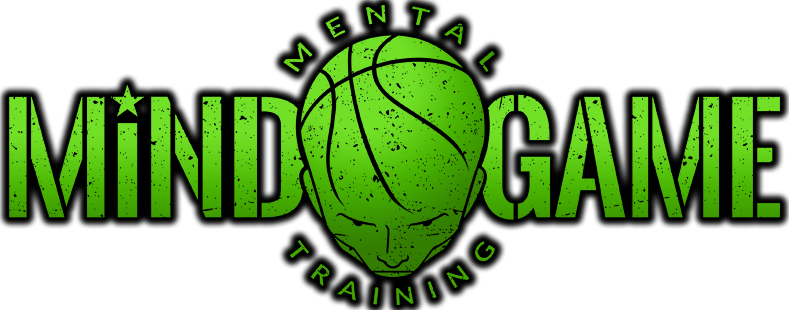FREE ARTICLE from MindGame Mental Training / Written by Titus Warmsley
Managing the Mental Impact of Basketball Injuries
“I am a basketball player.” How many times have you used this phrase to describe yourself? It is interesting that most athletes define themselves by what they do. To an athlete, being a basketball player is who you are… it’s your identity and that identity gives you a sense of uniqueness, accomplishment and pride.
Now imagine for a minute that your athletic identity is stripped from you due to injury. Even for a brief period of time, not being able to play basketball is devastating for most players. The game that gives you a great sense of worth has been upended. This is the reason why injured basketball players become angry, depressed, frustrated and even withdrawn after suffering an injury. The “who you are” has been taken away.
The mental impact of injury is often more difficult to deal with than the physical component. Many basketball players rate the mental pain of injury much higher than the physical pain. To deal with the physical component of injury, you can rehab with a physical therapist or athletic trainer. Although when it comes to the mental component of injury, athletes rarely know what to do. Therefore, most basketball players ignore the mental stuff and focus solely on their physical recovery.
Macy Miller, guard at South Dakota State University suffered through the physical and mental consequences of injury. During her freshman and sophomore years, Miller received many awards and accolades including: two-time All-Summit League honoree, 2016 Summit League Tournament Most Valuable Player, 2016 Summit League Tournament MVP and 2015 Summit League All-Newcomer Team. In a little over two years, Miller scored 1,114 points and, prior to her injury, the point guard was leading the team in scoring with an averaging of 14.9 points per game.
Unfortunately, nine games into the season, Miller tore her ACL, requiring surgery and ending her season. Miller immediately knew the impact of her injury.
MILLER: “Something you love is just instantly gone and I knew it right away. That was one of the hardest times… I knew I probably wouldn’t set foot on the court for the rest of the season.”
SDSU orthopedic surgeon Peter Looby feels Miller’s mental strength helped her work through her adversity.
LOOBY: “Macy’s a phenomenal athlete, and she didn’t get where she is with just physical skills. It takes a lot of mental toughness, and that helped her a lot during this process.”
It is not enough to just physically rehab after an injury. Dealing with a layoff, recovering fully, working through a grueling rehab and returning successfully to competition requires a great deal of mental toughness.
Titus Tips: Coping with your Athletic Injury
- Don’t Isolate - One way of maintaining a sense of your athletic identity is to remain a part of the team. Attend practices, play a part in scouting opponents and be a presence in the locker room.
- Set Goals – Create some rehab goals to keep you focused on your recovery. Goals help keep motivation high and can keep you in a competitive mindset.
TAKE YOUR MINDGAME TO THE NEXT LEVEL
Become a MindGame Mental Training student today! With your purchase of any of our four levels of Mental Game Training Programs, you will gain exclusive, in-depth access to the game-changing features that make MindGame Mental Training such an incredibly valuable resource for young adult basketball players, their parents, and their coaches.
- One-On-One Mental Game Coaching with Titus Warmsley
- Exclusive Mental Game Coaching Assessments, Tests & Worksheets
- An Arsenal of Tools Tailored to Build Your Confidence & Focus

